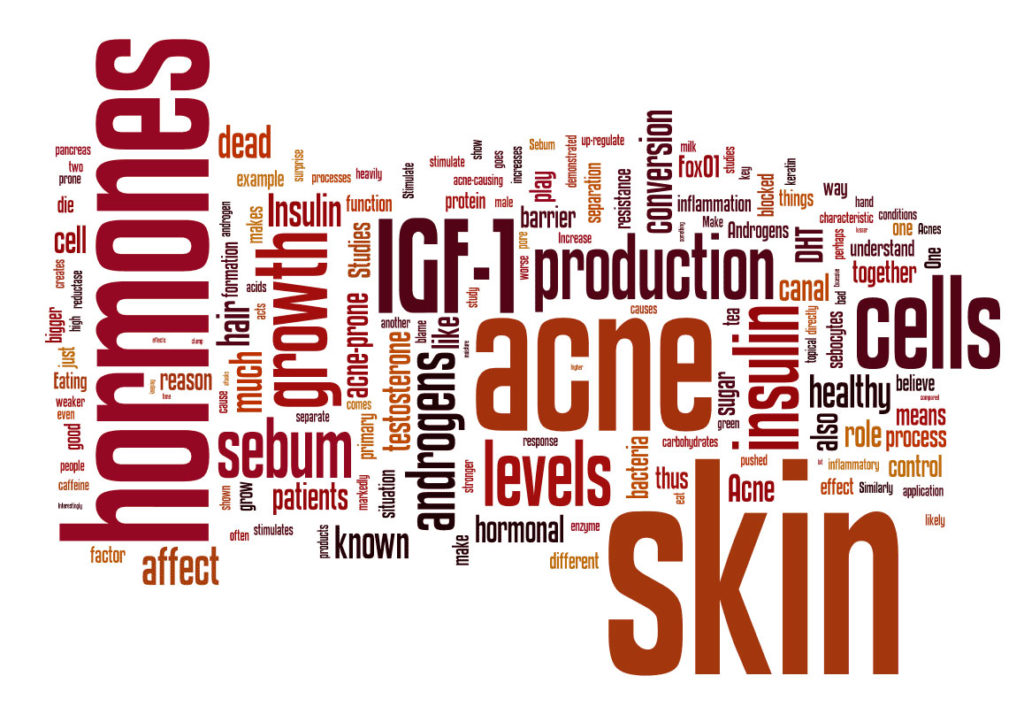(As Featured in the Healthy By Nature magazine)
Winter is upon us. Feel sad, have low energy, no motivation and are considering hibernating during colder months? Increased appetite, brain fog, sleeping longer? Feeling better during sunnier times? You might be experiencing Seasonal Affective Disorder (SAD).
SAD is a form of depression associated with changes of season which trigger during winter months when daytime hours are shorter. According to the Mayo Clinic, the body’s circadian rhythm is interrupted, contributing to depression and fatigue. The lack of sunlight and daytime hours means your body is exposed to less Vitamin D. This deficiency leads to trouble producing serotonin, the chemical responsible for feelings of happiness, satisfaction, and a stable mood.
Uplifting holistic strategies:
Vitamin D, an immunity and happiness helper, promotes serotonin.
Equally important is Vitamin D’s partner: sulforaphane (broccoli sprout concentrate), which upregulates vitamin D receptors. Bioavailability is limited in foods; look for a quality supplement.
60% of your brain is fat, and half of that is omega 3, so feed your brain omega-3s by consuming fatty fish such as mackerel, salmon, and anchovies three times weekly. Alternatively, supplement 2000mg daily or as practitioner advised.
5-HTP (5-Hydroxytryptophan) can help improve mood and cognitive function by increasing serotonin production. *
Activated B vitamins are important, particularly Vitamin B6 (P5P form) to produce serotonin. Deficiencies may result from poor diet, stress, or an inflamed gut.
Gut health is key to better moods. The vagus nerve is the communication channel between the gut and brain. Send positive signals with diet. Consume fermented foods, plentiful organic veggies, and fruit, and use anti-inflammatory turmeric, ginger, and garlic as well as olive and avocado oils. Enjoy fennel, cinnamon, and cumin seeds. Soothe yourself with chamomile or ginger teas post meals.
Approximately 90% of our serotonin is produced in the gut, and our gut microbes are key players in production. Consider probiotics: Bifidobacterium longum, Lactobacillus acidophilus, Bifidobacterium longum and Lactobacillus casei. Add collagen powder or bone broth for a healthy gut lining, as with leaky gut, toxins escape our guts inflaming our brain.
Meditation, yoga, and nature walks support mind/body wellness. Investigate light therapy: find a lamp emitting 10,000 lux, eat breakfast while exposed to it 30 minutes daily.
Here is hoping that these ideas help you experience the pleasures of the season.
Author: Kathleen Schubert, Naturopathic Functional Health Practitioner for Dr Kathleen & Team: www.drkathleen.co.nz
*Studies show 5-HTP and other substances, i.e., St. John’s wort and SAMe, affect serotonin level. As such, do not take with pharmaceutical antidepressants.
*If you are experiencing clinical depression or other mental health conditions, consult with your GP/other medical specialist.
Sources:
https://www.healthline.com/nutrition/12-omega-3-rich-foods
https://www.webmd.com/vitamins/ai/ingredientmono-794/5-htp
https://www.psychologytoday.com/nz/conditions/seasonal-affective-disorder




